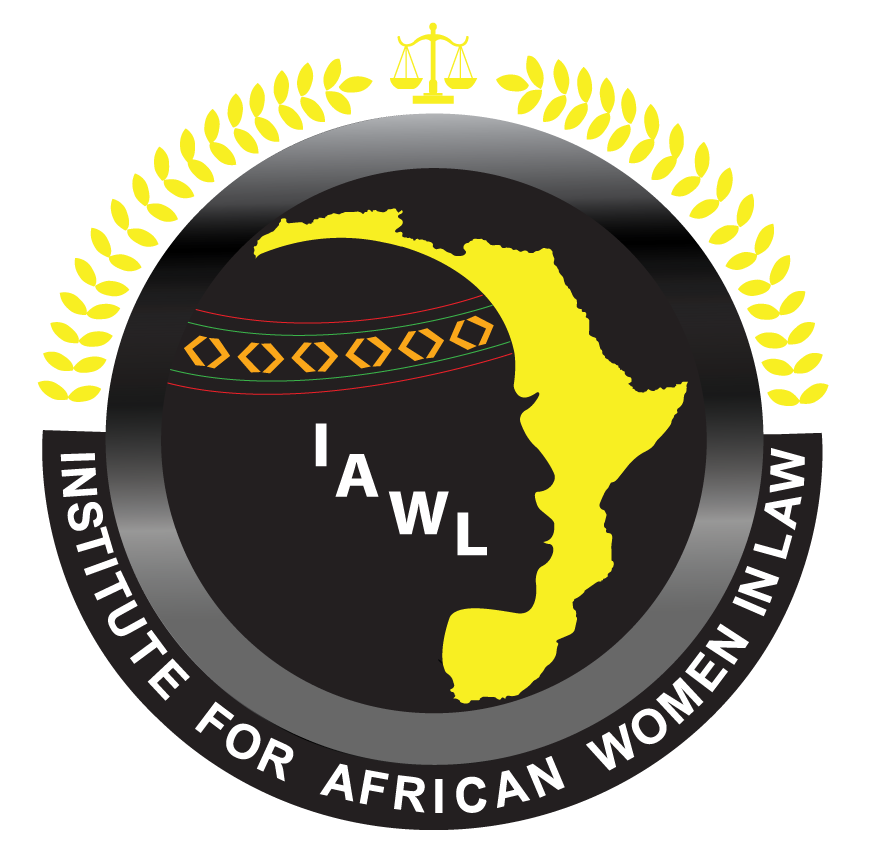COVID-19, Sexual and Gender-Based Violence (SGBV) and Women’s Precarity in Ivory Coast
- IAWL

- Apr 28, 2020
- 2 min read
Updated: Oct 5, 2020
*By Mariame Viviane Nakoulma, Ph.D.
The health crisis due to the COVID-19 global pandemic has led most states, including Ivory Coast, to adopt exceptional measures to limit the spread and rates of death caused by the virus. If justified in the fight against the coronavirus pandemic, they raise many questions relating to the restriction of certain fundamental freedoms such as freedom of movement, assembly or enterprise. With regard to women, the current exceptional circumstances have increased their precariousness and possibly their susceptibility to SGBV.
In Ivory Coast, there is high inequality between men and women. The Gender Equality Index ranks Côte d'Ivoire 43rd out of 52 countries in Africa and 136th out of 144 countries in the world (Bad National Equality Index 2015). The country also has 63% of illiterate women in the female population compared to 49% of men in the male population. Gender-based precarity is exacerbated by the state of emergency and curfew announced on 05 April 2020 by the government. The resulting 9 p.m. to 5 a.m. confinement significantly reduces women’s income-generating activities. Most women work in the informal sector to support their families, and many of them work in the restaurant sector with a working time that continues well beyond 9 p.m. This curfew will largely affect women, and in turn affect the informal economy upon which most Ivorians rely on for survival with little to no support from the government. The lack of income for women further exposes them to reliance on a male partner or family networks which can expose them to different forms of gender-based violence.
Current data indicates that the health emergency measures such as lockdowns, favor SGBV. While women and the general public are made aware by the government and civil society organizations about the importance of measures taken to stop the pandemic, little has been done by the government to address the increasing levels of SGBV. This concern is particularly related to the collective pardon granted on 08 April 2020 by the Head of State to 1,004 prisoners. sentenced. That measure taken to prevent the spread of COVID-19 does not specify the cases of persons who have committed any acts of SGBV.
The remission of a custodial sentence should necessarily give rise to an obligation of the State to strengthen its fight against SGBV. There must be an opportunity for women victims of GBSV to make their case heard beyond the regular platform of the ministry charged with addressing the pandemic. Though in Cote D’Ivoire, there are currently no statistics to indicate whether domestic violence has increased, the alarming trends in other parts of the world should send a strong signal to the government, women’s rights groups, and community actors to be vigilant and begin to put in place preventive measures.
The strengthening of judicial and legal assistance mechanisms should be put in place for victims of SGBV to access services that are fast, fair, inexpensive and accessible. The current situation and the emergency measures should not lead to minimizing the precariousness of women victims of SGBV. The Ivorian legal system, which is supposedly sensitive to gender, is being questioned.

*Mariame Viviane Nakoulma holds a doctorate in law. Enseignante-Chercheure associée au Centre Lyonnais d'Etudes de Sécurité Internationale et de Défense
Auteure
* The views expressed in this entry belong solely to the author.
